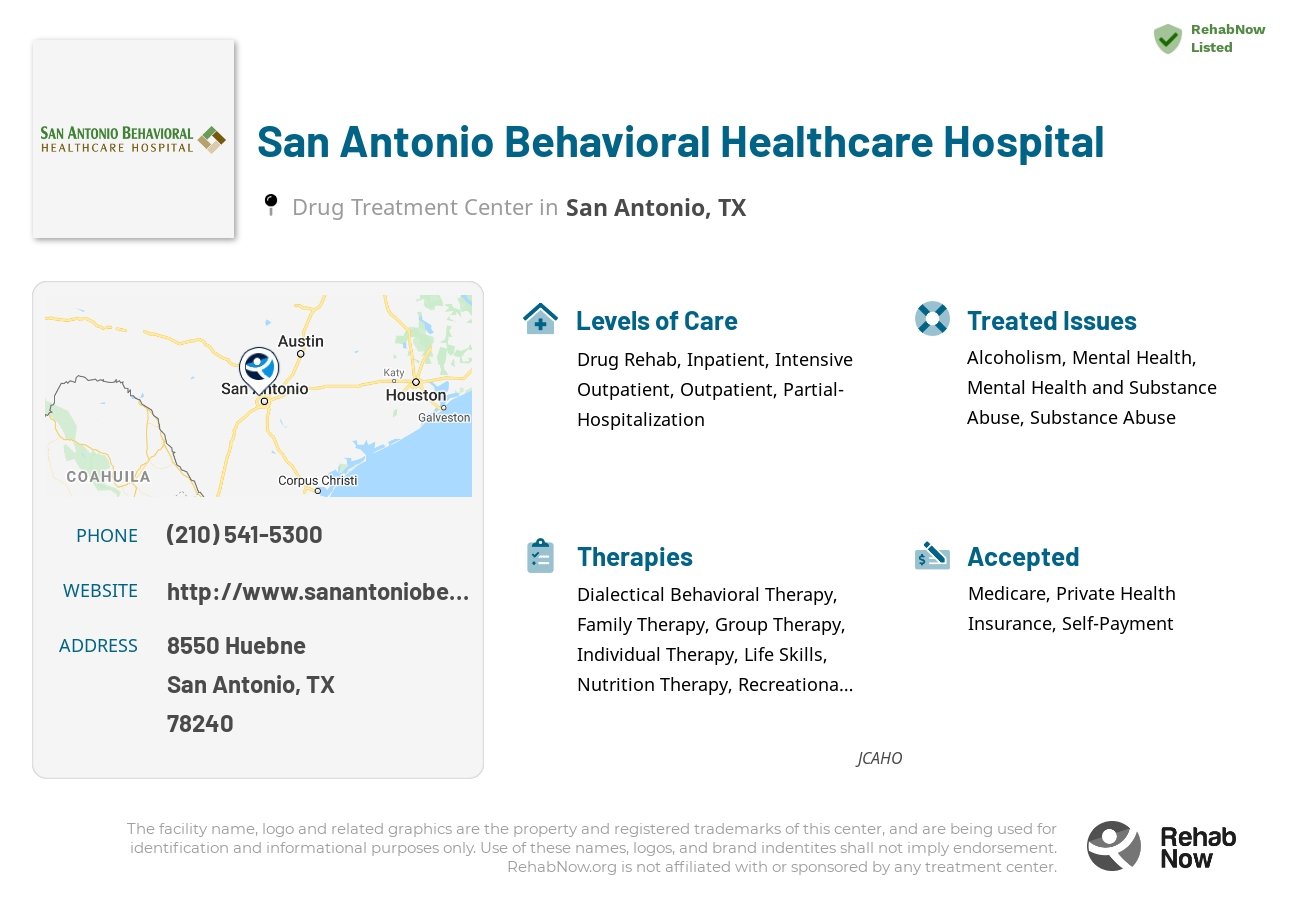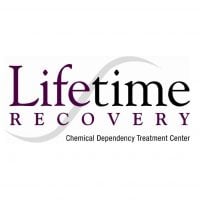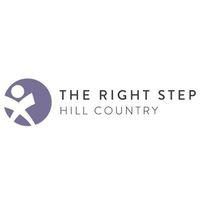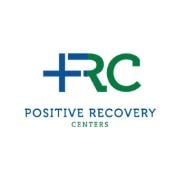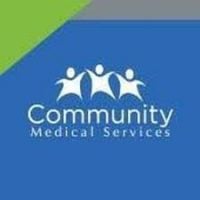About San Antonio Behavioral Healthcare Hospital in Texas
San Antonio Behavioral Healthcare Hospital is a reputable treatment facility located in San Antonio, Texas. Accredited by JCAHO, they offer a range of services to individuals struggling with alcoholism, dual diagnosis, substance abuse, drug addiction, and mental health issues. With their comprehensive approach to treatment, San Antonio Behavioral Healthcare Hospital provides various levels of care including drug rehab, inpatient, intensive outpatient, outpatient, and partial-hospitalization. They are committed to helping individuals recover and regain control of their lives by addressing both their addiction and mental health conditions.
San Antonio Behavioral Healthcare Hospital understands the complex nature of addiction and substance abuse, and offers specialized services to meet the unique needs of each patient. Their treatment programs focus on providing a holistic approach to recovery, combining evidence-based therapies and medical interventions. Through their inpatient and outpatient programs, individuals receive personalized care and support, benefiting from individual and group therapy sessions, medication management, detoxification services, and ongoing support for relapse prevention. San Antonio Behavioral Healthcare Hospital is dedicated to equipping individuals with the tools and skills necessary to achieve long-term recovery and improve their overall mental well-being.
Genders
Ages
Modality
Additional
Accreditations

JCAHO
Conditions and Issues Treated
It’s not easy getting sober on one’s own, or even going to rehab and escaping the grasp of addiction by oneself. Substance abuse treatment gives addicts a place to stay sober while learning what it takes to quit for good. They will learn from others about what works and what doesn’t work with remaining drug-free.
Treatment centers such as San Antonio Behavioral Healthcare Hospital focus on the needs of individual addicts to heal them. There is a combination of physical and mental therapies that treat the root cause of the addiction, whether it be family problems, stress, or past traumatic events.
The final benefit of substance abuse treatment is introducing new people who can help in your recovery after you leave San Antonio Behavioral Healthcare Hospital. Through group therapy sessions with other addicts and attending support meetings once a day, a person will learn how to interact with others and cope with cravings. This is a chance for you to rebuild your social circle healthily after you leave treatment.
Levels of Care Offered
This center offers a variety of custom treatment tailored to individual recovery. Currently available are Drug Rehab, Inpatient, Intensive Outpatient, Outpatient, Partial-Hospitalization, with additional therapies available as listed below.
Individuals who are suffering from severe addiction or have a high risk for dangerous health concerns are often recommended to receive inpatient treatment.
Choosing to enter an inpatient treatment program is beneficial for people who are suffering from severe addiction, or who have a high risk for dangerous health concerns.
Inpatient treatment is beneficial for:
- People who have a history of severe withdrawal.
- People who have attempted to overcome addiction on their own without success.
- People who have a history of relapse, or have recently relapsed.
- People at risk for drug overdose or withdrawal-related complications.
- People with medical conditions that are worsened by drug or alcohol use.
Addicts who need help with their addiction can enroll in an intensive outpatient program (IOP). But the patient won’t live there during treatment.
IOP involves patients visiting a medical office building regularly for therapy and other services while continuing to live their lives.
IOP is a step up from drug or alcohol detox, but it’s still a phase of recovery, not the end goal. Patients in need of IOP have many options for rehab and treatment.
Outpatient treatment is considered the lower intensity level of addiction treatment. It’s ideal for early phase addiction or lower intensity addictions. It may include weekly sessions instead of daily. It may include weekly sessions instead of daily. Peer group support, 12-step programs, and individual counseling may still be involved but at a lesser frequency than an intensive outpatient program. It is a good choice for someone who doesn’t need to go through a medically supervised detox and who has a supportive home environment. It requires motivation and dedication to commit to the program without constant monitoring.
PHP is a program where the individual is cared for in a hospital-like environment during the struggle of those symptoms, but still have some of the freedoms of an outpatient form of treatment. The individual may sleep at the facility each night, or they may sleep at home, but all have more monitoring than an outpatient treatment program typically offers. A PHP is able to live at home, attend school, work or perform other daily activities. This appeals to many families due to the ability of their loved one to still have some freedoms while also receiving treatment for their addiction.
Therapies & Programs
Individual therapy involves one-on-one sessions between the patient and therapist. It provides patients with a safe environment to openly discuss personal and sensitive issues with the therapist. They find the therapist as someone they can trust. Individual therapy aims to identify the core issues that would have led the patient to substance abuse and address them effectively. The therapist can develop patient-specific customized solutions through individual therapy, which aids speedier recovery.
Family therapy is a group problem-solving that aims to improve communication and relationships between the addict, their family, and sometimes friends. The main goal of family therapy for drug addiction is to create an environment where communication can occur without judgment, hostility, or blame. The therapist is with the family as they learn to communicate differently, especially with the addict when s/he is using. The family can learn to reduce their enabling behavior or rally together and support each other during tough times.
An addict’s family can play a vital part in helping them to avoid relapse because they can spot the warning signs and help them get back on track before it becomes too much of a problem. Family therapy is one of the most effective ways to help addicts stay on the path to long-term sobriety. When a drug addict decides that they want to try and get sober, it takes the support of every person they love to succeed. It can be incredibly difficult for loved ones to watch an addict go through the pain and suffering of withdrawal, but by being there with them and supporting them, they can help to make sure that the addiction never returns.
Groups typically involve meetings with other recovering addicts who can relate to one another’s experiences. They might meet in person or online and typically focus on the process of staying sober rather than overcoming a specific addiction.
In these groups managed by San Antonio Behavioral Healthcare Hospital, addicts can build a sense of community and develop strong emotional connections with others who understand what they are going through. These beneficial relationships can help addicts overcome their cravings and prevent relapse at any point during the recovery process.
In general, trauma therapy is a clinical process that helps individuals deal with mental stress often caused by traumatic events. The therapist helps the person identify, understand, and work through the problem. This is done with the help of talking about it in group or one-on-one counseling sessions. Therapists use relaxation, role-playing, art, and music to help the person open up about what is bothering them.
There are many different types of trauma therapists, such as psychiatric nurses and counselors. Not everyone is a good candidate for this type of therapy; it is generally reserved for people who have recently experienced a traumatic event and struggle to get over it. It is often done for children, teenage victims of sexual assault, and war veterans.
Dialectical Behavior Therapy (DBT) is a type of therapy created in the late 1980s and early 1990s to help people with high rates of suicidal behavior. DBT helps people learn how to live a life that is no longer controlled by overwhelming emotions and urges. It is beneficial in treating drug addiction because it helps patients understand and cope with their cravings for drugs or alcohol rather than turning to those substances as a way of coping.
There is hope for people who are addicted to drugs and alcohol. Cognitive Behavioral Therapy (CBT) is the solution. CBT focuses on the underlying thoughts and behaviors that caused the addiction problem in the first place and may cause a relapse. This type of psychotherapy addresses negative feelings common in substance abuse disorders. It helps to change them by restructuring thought patterns. It’s about removing negative thoughts and providing long-term benefits while promoting self-awareness, self-control, and healthy ways to respond to negative thoughts. These sessions can be done by themselves or as part of combination therapy.
Since addiction is a chronic physical and mental illness, addicts need to learn as many life skills as possible. Many drug treatment centers offer life skills activities as part of their addiction recovery programs. Examples include cooking classes, employment training, resume writing seminars, parenting classes, and computer training. Life skills activities help addicts find employment, take care of their families, and give back to the community.
The goal of medical nutrition therapy for drug and alcohol addiction is to help patients avoid “trigger” foods. For example, someone who craves alcohol may be addicted to sugar. Making sure this person eats a balanced diet with recommended amounts of protein, vegetables, and fruit can help manage urges to drink.
Nicotine replacement therapy treats nicotine addiction using external sources of nicotine, such as patches or gum to substitute for nicotine. This allows people trying to quit smoking to get their desired dose of nicotine without actually having to smoke cigarettes. The idea behind NRT is that by providing smokers with nicotine in forms that are not cigarettes, they may be more likely to quit smoking.
NRT has been available for many years now, and there is a wealth of evidence that shows that it helps people trying to quit smoking. There are several different types of NRT devices on the market now. Patients interested in quitting smoking should talk to their doctors about the best kind of NRT for them.
Payment Options Accepted
For specific insurance or payment methods please contact us.
Is your insurance accepted?
Ask an expert, call (888) 674-0062
Additional Details
Specifics, location, and helpful extra information.
San Antonio, Texas 78240 Phone Number(210) 541-5300 Meta DetailsUpdated November 25, 2023
Staff Verified
San Antonio Behavioral Healthcare Hospital Patient Reviews
There are no reviews yet. Be the first one to write one.
San Antonio, Texas Addiction Information
Texas is one of the primary hubs for drug smuggling into the country. The border between Texas and Mexico is more than 1,000 miles long. More than 10 million residents use alcohol every year and more than 25% of those are minors. Alcohol and drug use has become so common in Texas that almost 15% of all deaths can be attributed to these substances.
The impact of drug addiction and abuse on the community in San Antonio, Texas, is significant. There were over 1,400 drug overdose deaths in San Antonio in 2016. 9,000 admissions to drug and alcohol treatment programs in the San Antonio area in 2017. Some of the most common include inpatient, outpatient, and residential treatment. There are also several detox facilities available in San Antonio.
Treatment in Nearby Cities
- McKinney, TX (279.9 mi.)
- Nacogdoches, TX (276.0 mi.)
- Bedford, TX (245.9 mi.)
- Liberty, TX (231.7 mi.)
- Jersey Village, TX (184.6 mi.)
Centers near San Antonio Behavioral Healthcare Hospital
The facility name, logo and brand are the property and registered trademarks of San Antonio Behavioral Healthcare Hospital, and are being used for identification and informational purposes only. Use of these names, logos and brands shall not imply endorsement. RehabNow.org is not affiliated with or sponsored by San Antonio Behavioral Healthcare Hospital.



